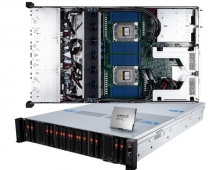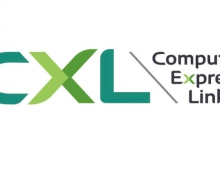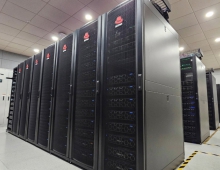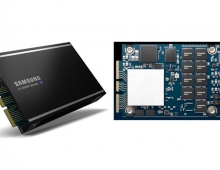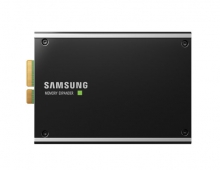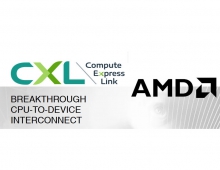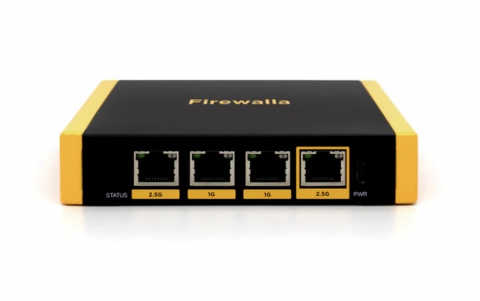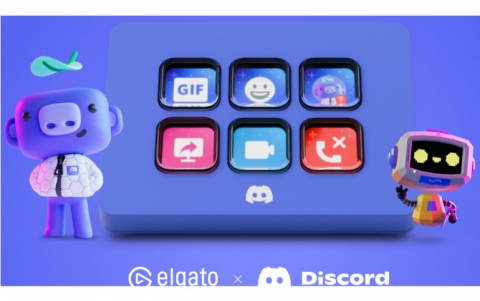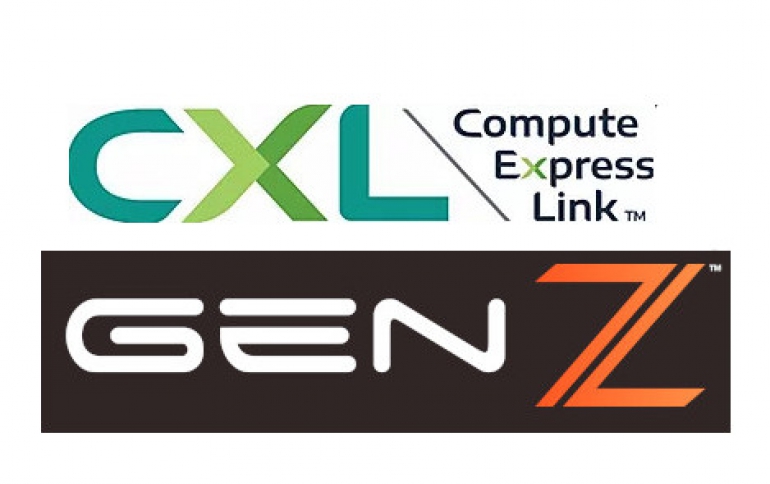
CXL Consortium and Gen-Z Consortium Create a Framework for Collaboration
The Compute Express Link (CXL) Consortium and Gen-Z Consortium today announced their execution of a Memorandum of Understanding (MOU), describing a mutual plan for collaboration between the two organizations.
The organizations plan to promote interoperability between the technologies, while leveraging and further developing complementary capabilities of each technology.
“CXL technology and Gen-Z are gearing up to make big strides across the device connectivity ecosystem. Each technology brings different yet complementary interconnect capabilities required for high-speed communications,” said Jim Pappas, board chair, CXL Consortium. “We are looking forward to collaborating with the Gen-Z Consortium to enable great innovations for the Cloud and IT world.”
The MOU outlines the formation of common workgroups between both organizations to provide cooperation, defining bridging between the protocols while leveraging the strengths of both technologies.
CXL and Gen-Z are both memory semantic protocols (read/write) that enable high speed connectivity to processors, accelerators and memory expansion, resulting in unique architectural opportunities and benefits for implementers. These technologies make possible the low latency sharing of memory and storage resource pools among processing elements like CPUs, GPUs, AI Accelerators or FPGAs. CXL focuses on enabling coherent node-level computing, whereas Gen-Z focuses on fabric connectivity at the rack and row level.
The CXL Consortium is an industry standards body dedicated to advancing Compute Express Link (CXL) technology. CXL is a high-speed interconnect offering coherency and memory semantics using high-bandwidth, low-latency connectivity between the host processor and devices such as accelerators, memory buffers, and smart I/O devices.
Founded in 2017, the Gen-Z Consortium is an industry organization developing an open-systems fabric-based architecture designed to provide high-speed, low-latency, secure access to data and devices. The Gen-Z Consortium recently showcased live demonstrations of remote memory attached across a Gen-Z link.

